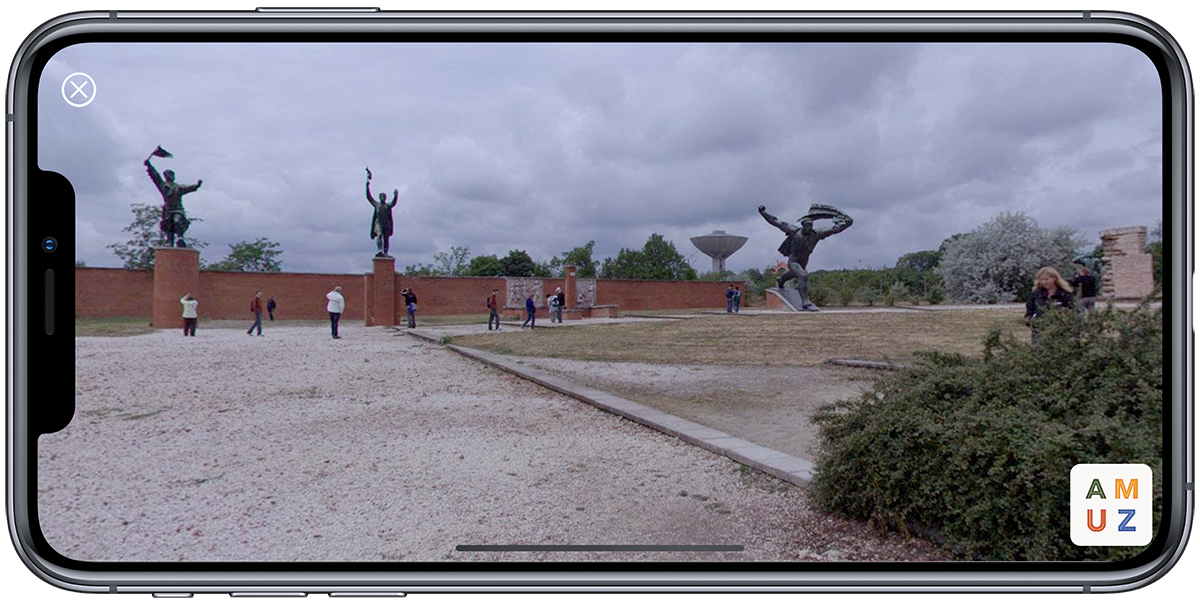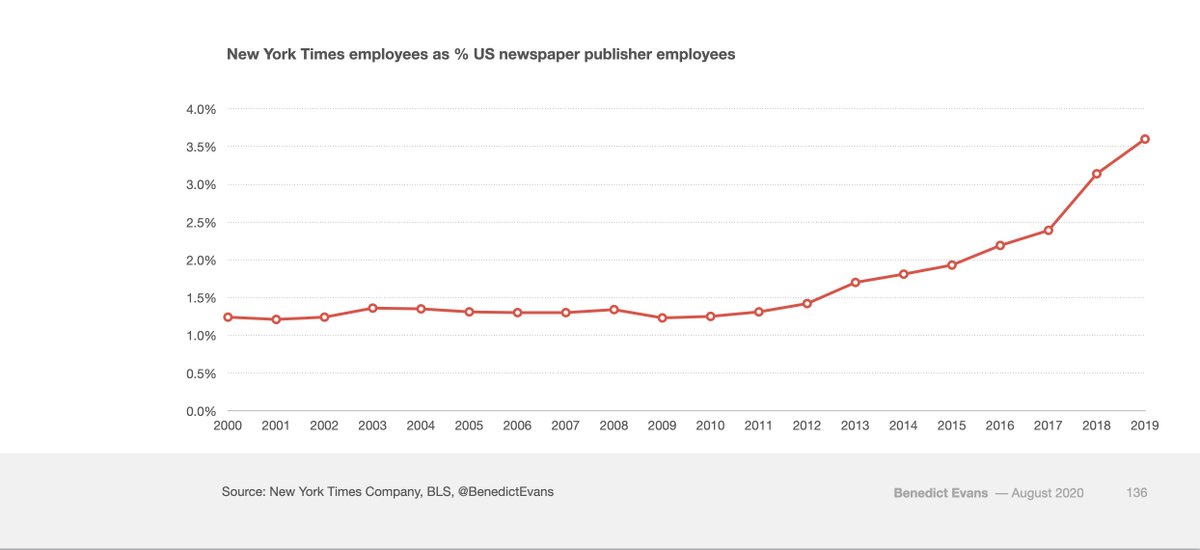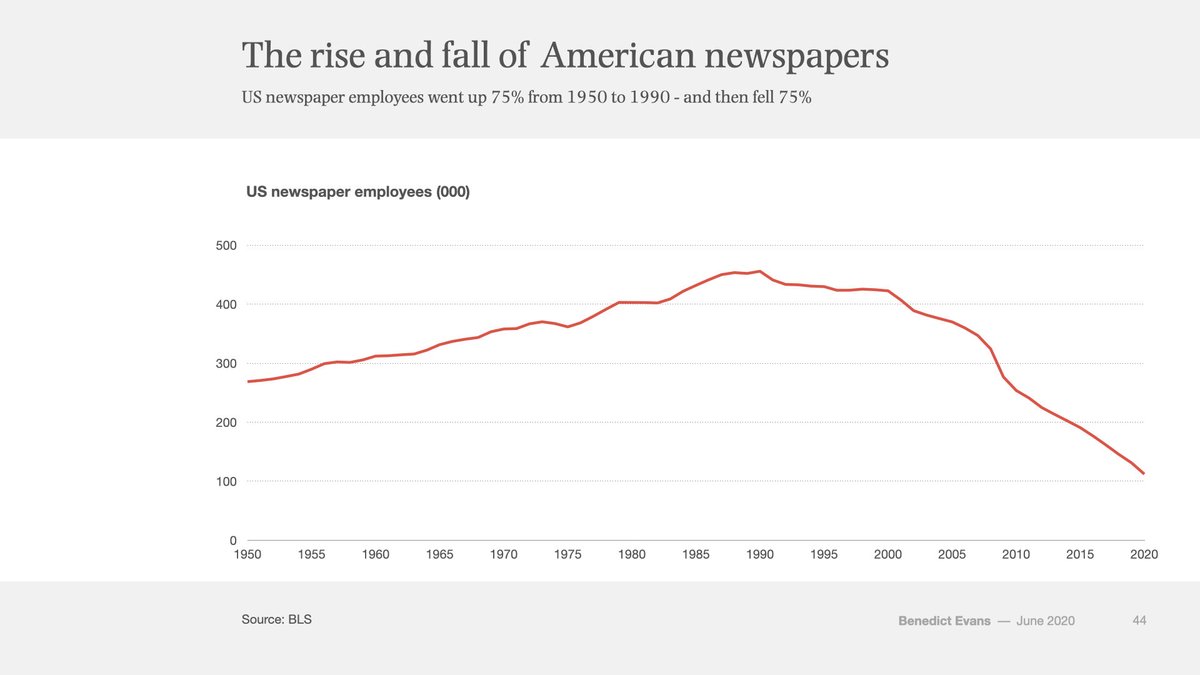“Within two hours of the court’s injunction, Abundant Life Christian School announced that all kids will have the opportunity to be back in the school building on Monday,” said Chris Truitt, a parent from DeForest. “We are absolutely thrilled.”
On Aug. 21, Public Health Madison & Dane County issued Order #9, a mandate that all Dane County schools close to students in grades 3-12. The Wisconsin Institute for Law & Liberty sued on Aug. 26, challenging PHMDC’s authority to close schools and asking the Wisconsin Supreme Court to invalidate Dane County’s order on behalf of the Truitts and others.
The Wisconsin Supreme Court agreed on Sept. 10 to hear the case, consolidated it with two other similar challenges, and issued a temporary injunction allowing schools to open immediately.
“It couldn’t have come at a better time,” Truitt said. “We are at the end of our rope.”
When Order #9 was issued on Aug. 21, families throughout Dane County had their plans thrown into chaos. While the Madison Metropolitan School District planned to begin the year virtually, many Dane County private schools planned to open in person. Order #9 effectively cancelled the choices of many parents who intentionally sought out in-person education despite the COVID-19 pandemic.
“I’ve never had problems with school with her, but virtual learning was a disaster for us,” said Erin Haroldson of Mount Horeb, a parent of an eight-year-old student and party to the WILL lawsuit. “She was beyond excited to go back to school. When the mandate came along, there were tears at our house.” ?
Related: Catholic schools will sue Dane County Madison Public Health to open as scheduled
Notes and links on Dane County Madison Public Health. (> 140 employees).
which pushed Dane County this week not to calculate its percentage of positive tests — a data point the public uses to determine how intense infection is in an area.
While positive test results are being processed and their number reported quickly, negative test results are taking days in some cases to be analyzed before they are reported to the state.
The department said it was between eight and 10 days behind in updating that metric on the dashboard, and as a result it appeared to show a higher positive percentage of tests and a lower number of total tests per day.
The department said this delay is due to the fact data analysts must input each of the hundreds of tests per day manually, and in order to continue accurate and timely contact tracing efforts, they prioritized inputting positive tests.
“Positive tests are always immediately verified and processed, and delays in processing negative tests in our data system does not affect notification of test results,” the department said in a news release. “The only effect this backlog has had is on our percent positivity rate and daily test counts.”
Staff have not verified the approximately 17,000 tests, which includes steps such as matching test results to patients to avoid duplicating numbers and verifying the person who was tested resides in Dane County.
All 77 false-positive COVID-19 tests come back negative upon reruns.
Madison private school raises $70,000 for lawsuit against public health order. – WKOW-TV. Commentary.
WEAC: $1.57 million for Four Wisconsin Senators
Assembly against private school forced closure.
Wisconsin Catholic schools will challenge local COVID-19 closing order. More.
2017: West High Reading Interventionist Teacher’s Remarks to the School Board on Madison’s Disastrous Reading Results
Madison’s taxpayer supported K-12 school district, despite spending far more than most, has long tolerated disastrous reading results.
My Question to Wisconsin Governor Tony Evers on Teacher Mulligans and our Disastrous Reading Results
“An emphasis on adult employment”
Wisconsin Public Policy Forum Madison School District Report[PDF]
Booked, but can’t read (Madison): functional literacy, National citizenship and the new face of Dred Scott in the age of mass incarceration


































































